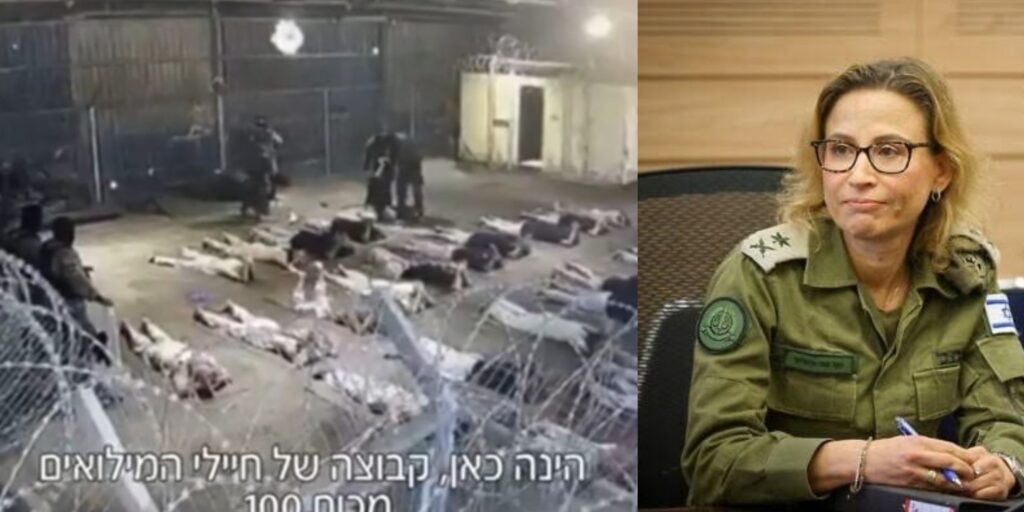Defense Minister Yisrael clarified on Friday afternoon that the dismissal of Military Advocate General Yifat Tomer-Yerushalmi was his decision following her admission of guilt and resignation on Friday morning in the wake of the exposure of her deliberate leak of a doctored video that caused immense damage to IDF soldiers and Israel.
“This morning, I announced the dismissal of Military Advocate General Yifat Tomer-Yerushalmi from her position,” Katz said. “I did not settle for merely placing her on leave.”
“All necessary sanctions will be taken against her, beginning with the revocation of her rank. Anyone who slanders IDF soldiers and prioritizes the interests of Nukhba terrorists over IDF soldiers is unfit to wear the IDF uniform and belongs in prison.”
Shocking details about the leak revealed by Kan News have raised serious questions about the conduct of the military justice system. The details expose the method allegedly used within the Military Advocate General’s Office to conceal Tomer-Yerushalmi’s role in leaking the video.
According to the report, the number of senior officers in the Military Advocate’s Office who knew that Tomer-Yerushalmi had directly instructed a subordinate officer to transfer the Sde Teiman footage to the media was significantly higher than initially believed.
A complete “pact of silence” on the matter was held for 14 months by Tomer-Yerushalmi and her subordinates, including numerous senior IDF officers—no one spoke about the leak they were all aware of.
The secrecy was maintained even after an official internal investigation was supposedly launched to identify the source of the leak.
That investigation—led by Col. Gal Asahel, the Deputy Military Advocate General—did not include the questioning of the people in the immediate circle who had access to the video. These individuals were the first group within the legal corps who should have been interviewed, even as a matter of basic procedure. Some of them, according to the report, might have revealed the truth had they been properly questioned.
The code of silence was so deep that the affair might have remained buried indefinitely—if not for one officer, who decided to disclose the information during a routine Shin Bet polygraph examination.
The officer underwent the test as part of a promotion process, which includes a preliminary interview in which candidates can disclose relevant issues that might arise during the test.
Although polygraph questions usually focus on the unauthorized disclosure of classified material, and the officer could have passed the test without admitting anything (since she had acted under direct orders), she chose to deliberately confess that she had leaked the Sde Teiman footage under Tomer-Yerushalmi’s instruction, fully aware that her admission would trigger a criminal investigation.
The officer said she received a direct order from Tomer-Yerushalmi to transfer the footage to a specific Channel 12 News journalist
Even before Tomer-Yerushalmi’s public admission, police had already obtained evidence proving that she had instructed the officer to transfer the material to Channel 12 News.
Additional correspondence uncovered since then suggests that the problem went far beyond a single officer acting on orders and implicates “a number of other senior officials who knew about the leak and allegedly worked to cover up every attempt to investigate its source.”
(YWN’s Jerusalem desk is keeping you updated after tzeis ha’Shabbos in Israel)












One Response
Why would she do it to begin with? It was such a stupid thing to do. Makes no sense.